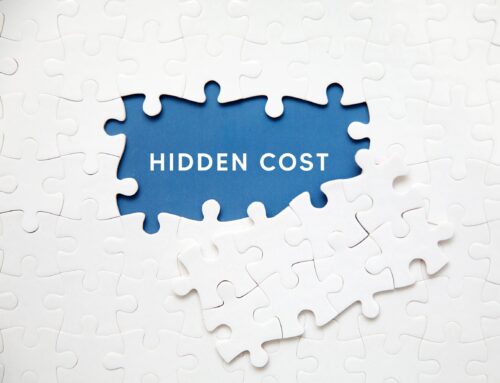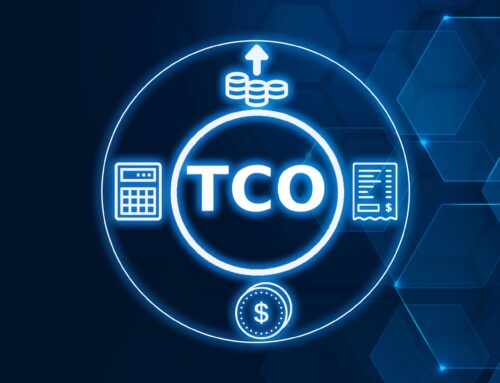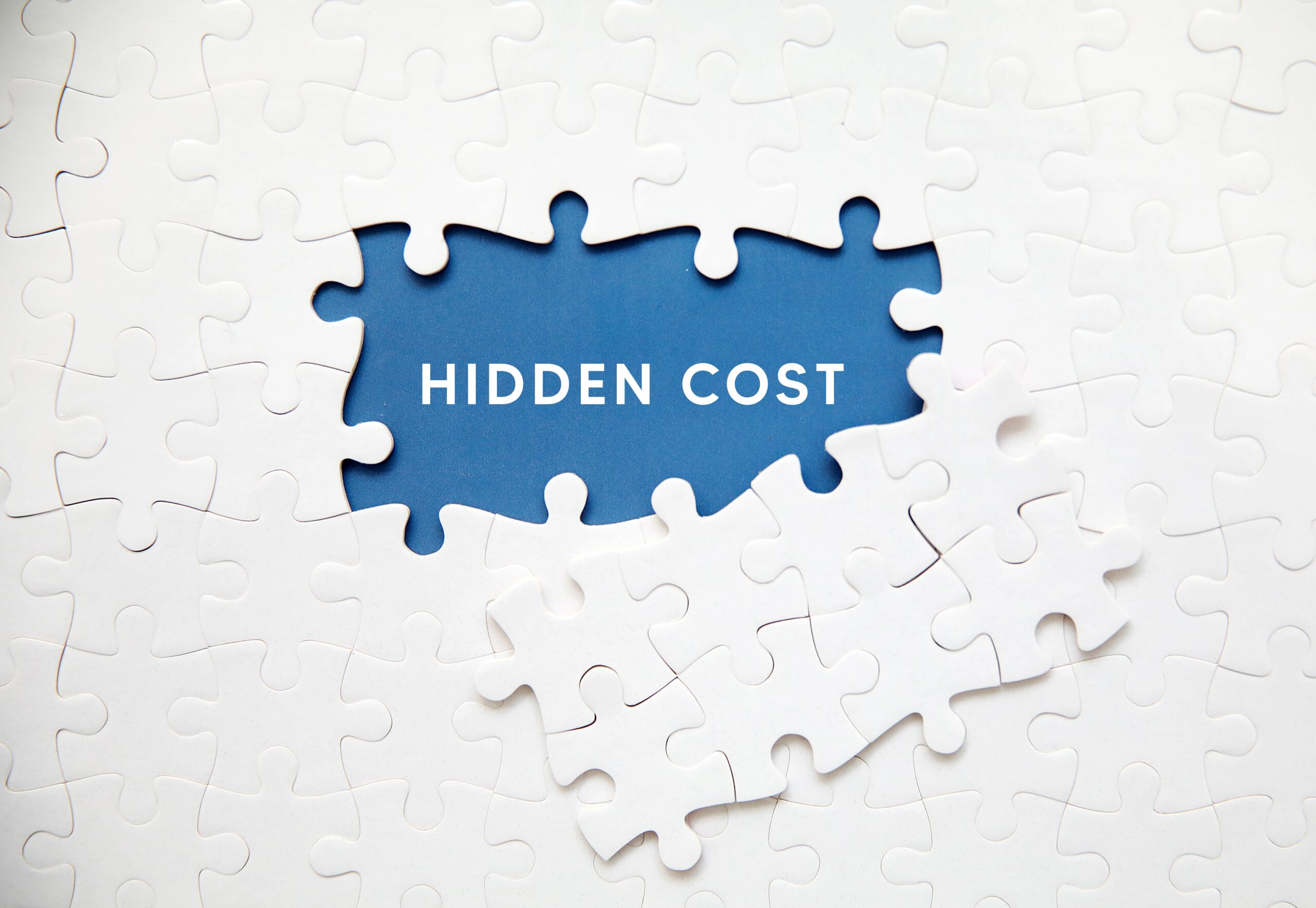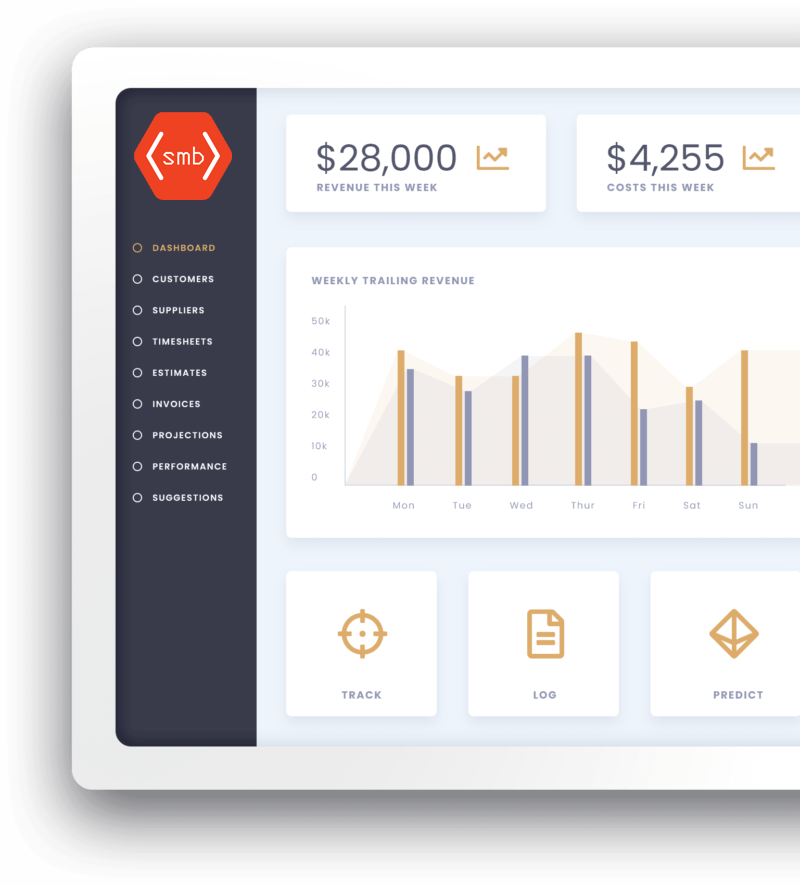
When it comes down to CRM integration, knowledge is power.
CRM Integration—Must Know Topics
A CRM platform, when properly integrated with other business tools, can become the nerve center of your entire operation.
CRM needs to work seamlessly with the software tools that you rely on every day, which is why systems integration is so important. A properly implemented and well functioning CRM platform becomes the heartbeat of your day-to-day business.
That said, however; knowing what to look for in a CRM platform will allow you to make an informed decision. So, in this article we dive deeper into the challenges you face to melding your CRM solidly with your business.
1. Compatibility
Not all CRMs integrate seamlessly with other software platforms, and some may require additional connectors or third-party tools to bridge the gap. Like options on your new car, each option will increase ✅the total cost of ownership.
Compatibility issues can also lead to data silos and inefficiencies, which defeat the purpose of having a centralized CRM in the first place. When evaluating CRMs, consider the software you’re already using—whether it’s for email marketing, accounting, or customer service—and confirm that the CRM can integrate with these tools without extensive workarounds.
2. Ease of Integration: Minimizing the Complexity
The ease with which you can integrate your CRM with other systems is another critical factor. Some CRMs offer out-of-the-box integrations, which can save you time and reduce costs. Others may require custom development work, which can quickly add to the implementation timeline and budget.
If you’re exploring modular CRMs as discussed in our article on ✅ modular CRM systems, it’s important to check whether each module can integrate with your other tools.
Modular systems often provide more flexibility, but they can also introduce complexity if each module requires separate integrations. Looking for a CRM platform that offers plug-and-play integrations with your essential tools can greatly simplify the process and minimize headaches.
3. Information Flow
For your CRM to be truly effective, it should enable real-time data syncing across all integrated tools. This ensures that information is always up to date, which is crucial for maintaining accuracy in customer records, sales pipelines, and marketing campaigns. Obviously, outdated data, can lead to miscommunication and missed opportunities.
We cannot stress enough, ✅the importance of setting up a CRM correctly from the start. This is especially true when it comes to data syncing, as errors here can lead to costly repairs down the road.
Whether you go DIY or hire professionals, ensuring real-time data flow between systems is essential for a seamless CRM experience.
4. Workflow Automation: Streamlining Processes Across Platforms
One of the main benefits of CRM integration is the ability to automate workflows across multiple systems. Imagine a lead comes in through your website, and your CRM automatically updates your email marketing platform, assigns the lead to a sales rep, and creates a follow-up task in your project management tool. This kind of automation saves time and ensures nothing falls through the cracks.
If workflow automation is a priority, make sure to add it to your ✅CRM checklist to evaluate how well the CRM can handle cross-platform automation. Look for CRMs with built-in automation tools, or tools that integrate with platforms like Zapier, which can connect your CRM to hundreds of other apps and services.
5. Security and Compliance
Integrating your CRM with other business tools means that data will be flowing between platforms, which raises security and compliance considerations. Ensuring that your CRM and connected systems meet industry standards for data protection is crucial, especially if you’re handling sensitive customer information.
Securing ✅customized workflows and data points is essential to avoid potential vulnerabilities. Look for CRMs that offer robust security features, and check that the integrations you need adhere to compliance standards relevant to your industry, such as GDPR or HIPAA.
Data breaches can be costly, both financially and reputationally, so it’s worth investing in secure integrations from the start.
PLANNING for Seamless CRM Integration
Choosing a CRM that integrates seamlessly with your other tools is key to maximizing efficiency and getting the most out of your investment. By considering compatibility, ease of integration, data syncing, workflow automation, and security, you can select a CRM that not only meets your current needs but also ✅ grows with your business.
✅ CRM That Grows With Your Business
Remember, integration is an investment in long-term success. By choosing a CRM that connects smoothly with your existing tech stack, you’ll be better positioned to adapt and scale as your business evolves. Understanding these integration essentials will help you avoid hidden costs and ensure a solid ROI for you CRM platform.
Related articles
February 19, 2026
February 19, 2026
February 19, 2026
February 19, 2026













